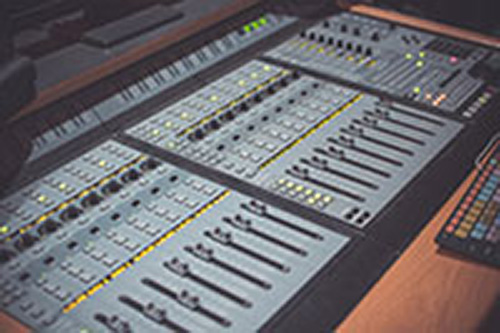It is one thing to prepare to record in your own home studio, but when you have booked into a professional recording studio it is well worth planning to make the most of the session and get the best results.
In the same way that live performances bring with them their own sets of challenges, so to do studio recording sessions and without the due attention to detail you can be confronted with some particularly tricky problems. So, in order not to waste your hard-earned cash and time on a bodged job, let’s lay down some key pieces of advice.
1. Time-keeping It is vital that when you have a session booked, you and the rest of the band, if applicable, turn up on time. In fact, arrive early to give yourselves time to warm up so you are ready to rock from the get go.
2. Be prepared Of course, most of the groundwork for a recording session is done in practice. You should have everything rehearsed to within an inch of its life so you can replicate it in your sleep (well, almost). Test out all of the ideas that you may have in advance of the session. The recording studio is really not the best place for a trial and error approach unless you are a free jazz savant! You should understand the pieces you are recording inside and out. You must know when verses and choruses come in and if you need it you should have all sheet music and lyrics with you on the day.
3. A bad workman blames his tools, but a good musician is only as good as theirs! There are no two ways about it, a quality recording session needs proper, reliable instruments. If you are a vocalist or narrator, your voice is of course, your instrument. So it pays great dividends to prepare your voice by drinking plenty of room temperature water, which you should also bring with you. Your guitar should have new strings and you should bring plenty of backup batteries, strings, picks, drum sticks and anything else that could falter on the day. If your own instrument is not in tip-top condition, then rental is a very good option.
4. Take a break Ideally you should be well-rested before your studio session, but modern life often makes this a pipe dream. There is, however, no point in flogging a dead horse and working your butt off in the studio until your hands bleed and your voice cracks is a perfect example of the law of diminishing returns. Instead, take regular breaks – it is not a waste of your studio time money, it is rather the best form of quality control.
5. Know when to call time There comes a point in any activity when you know in your heart that no matter how much more you pour into it you are not going to get anything worthwhile out of it. When you feel this moment you need to take head. Finish up, regroup and book another session.

